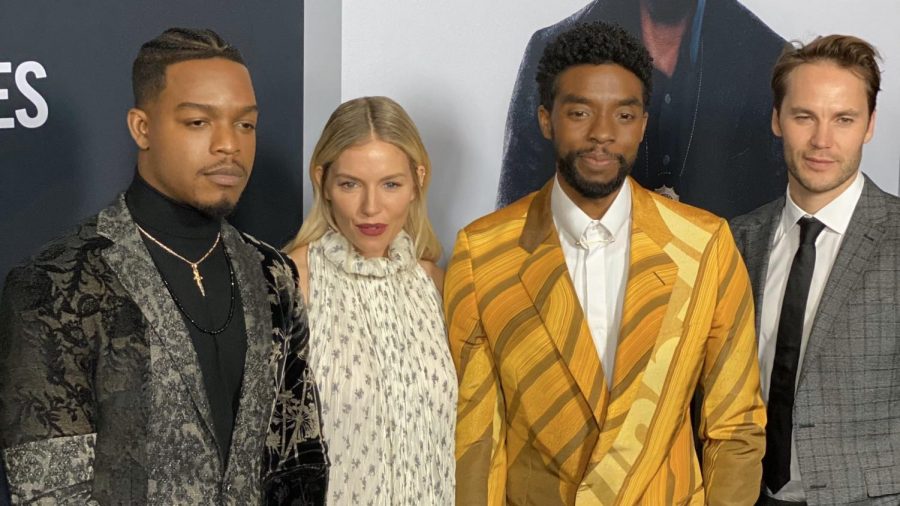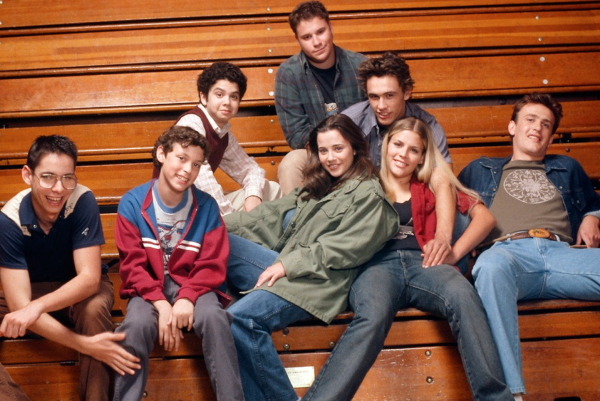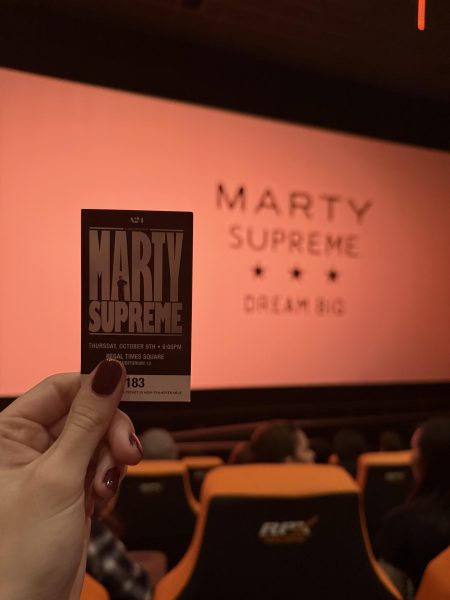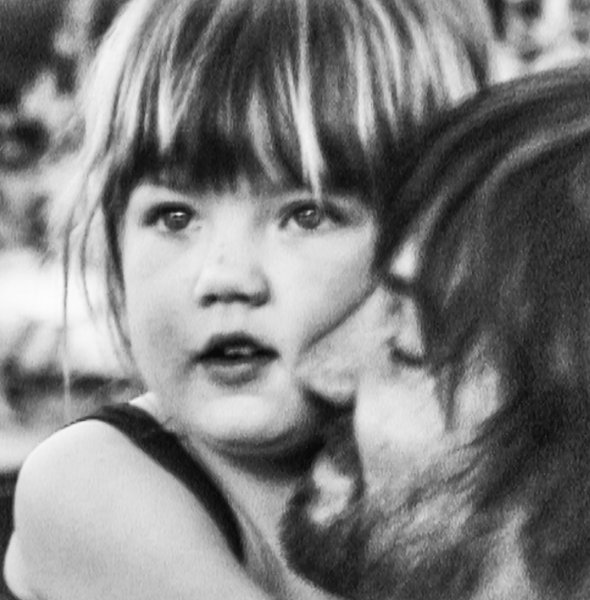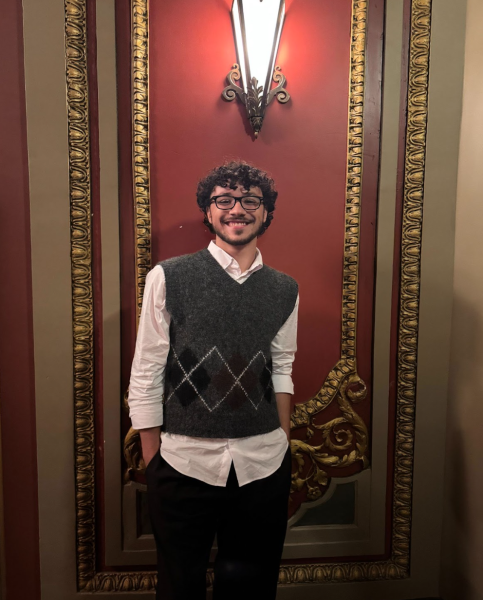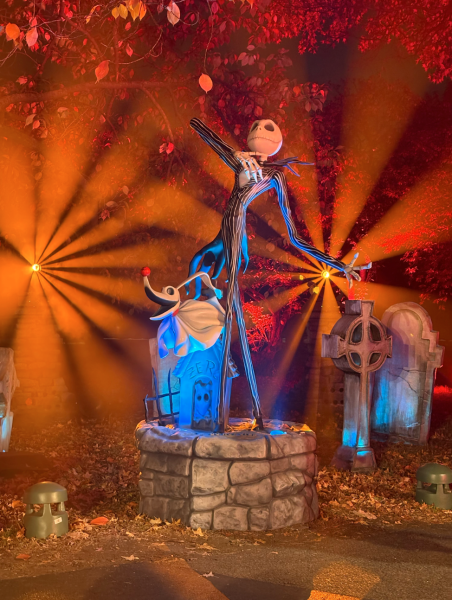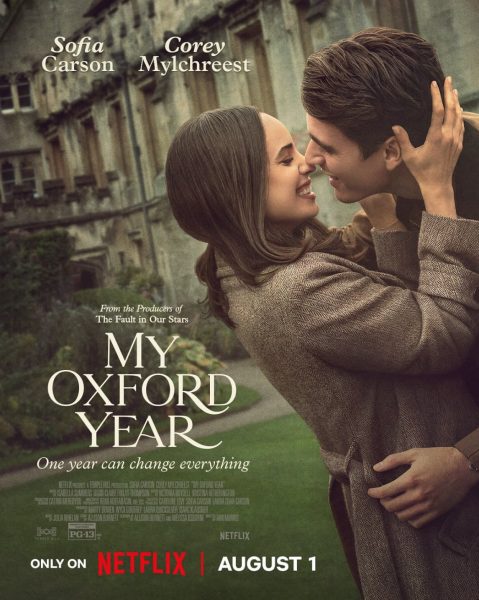“21 Bridges”: A Parable on Corrupt Police Officers
You probably recognize the name “21 Bridges” from the 6’ by 3’ promotional posters they’ve managed to plaster up at every other D train stop. That’s not the only way it’s an especially New York film, though. “21 Bridges” is a story about crooked and straight NYPD officers, and the fine line between the two — a hysterical parable of police morality condensed into the course of one long, improbably violent night.
The possible hero of the story is Andre Davis (Chadwick Boseman), an NYPD detective whose father, another cop, was murdered when he was a teenager, 19 years before the events of the movie.
We’re introduced to Andre while he’s in the process of being grilled by law enforcement internal affairs agents, inquiring after his justification in a recent on-duty shooting of a suspect of his (only the latest of eight such incidents). What’s also made clear is that he doesn’t regret a thing.
He has confidence in the authority of his gleaming badge and complete certainty in the necessity of his own actions as a warrior of justice — a cop with the sort of moral compass only a violent death in the family can bring about.
Soon the attention of the audience is directed to two masked criminals (Stephan James and Taylor Kitsch) jetting through the night. They end up on the empty, warehouse-choked docks of Brooklyn and are shown to be wielding submachine guns and duffel bags, prepared for some big theft. It turns out to be a drug heist, except the plan goes wrong in two ways: the thieving duo, who were out to steal a shipment of 30 kilos of cocaine, find they’ve stumbled on 300 kilos.
Then, four cops come knocking. But these guys aren’t knocking with their batons and pistols: they’ve got the “Jehovah’s Witness knock.” In other words, they’ve come to cut a dirty deal.
The scene erupts into something out of a war movie shootout, and soon it’s crooked cops versus confused robbers in a bullet-flying bloodbath. In the course of their escape, the crooks, who turn out to be Iraq veterans, murder seven police officers and leave an eighth hanging by threads. They run a red light speeding over to Chinatown for a meet-up with their contractor and to ditch their damaged vehicle. Meanwhile, the police have already got a detective assigned to this ugly new case: Andre Davis.
Tipped off by a 911 call about a burning car in a downtown alleyway, Davis quickly realizes the two caper-murderers are still within city limits. With the backing of his new narcotics-agent partner Frankie (Sienna Miller) and the police commander of the half-murdered unit (J.K. Simmons), he manages to convince the FBI to institute a total lockdown of the island of Manhattan.
The commuter rails are kaput, the subways are looped, the tunnels are blocked and each and every one of the 21 bridges that provide access to the borough are closed down from 1:00 to 5:00 a.. The hunt begins.
Director Brian Kirk periodically sweeps his camera over the hyper-modern New York skyline with the arching perspective of a helicopter, capturing the long shadows cast by the tall buildings against a clouded sun, filming the garish city lights, projecting a murkiness and malaise into the movie picture that never really manages to be convincing with its idea of cozy 2019 New York City as somewhere as dark, sinister and crime-ridden as the 1970s Rotten Apple.
The audience’s suspension of disbelief is further called to work by the small army of police that Kirk deploys into lower Manhattan to hunt down the pair of crooks. Not to mention the fact that these criminals actually manage to evade the cops for a while, repeatedly running out of the gun sights of three dozen trained officers and a helicopter, staging wild escapes from unlikely hideouts (including a quasi-bunker in the Meatpacking district).
The movie introduces questions and themes about justice from the very first scene, where a preacher sermonizes to a young mourning Davis about the virtue of his slain father, but even these questions end up as more material for the violence.
The cops start shooting at each other over the crookedness and, thanks to the relative moral certainty with which Davis drives home his search for the truth about the cocaine theft gone wrong, the audience never sees any police officer doubt his or her own motives, be they honest or corrupt.
It turns out that the only character who recognizably questions himself at all is the younger and less vicious of the two thieves (Stephan James). Nothing resembling what a police officer’s life looks like on a normal, routine day is ever shown, and so the question of what makes corruption so tempting in the first place is never answered with real force.
To what does that amount? Watching the movie is hammily exciting in its bridge-blocking manhunt, distracting in its bullet-quick pace. And after you’re done, the whole thing’s forgettable enough that it won’t distract you for more than a minute when you sit down to study the rest of the night for finals.



































































































































































































